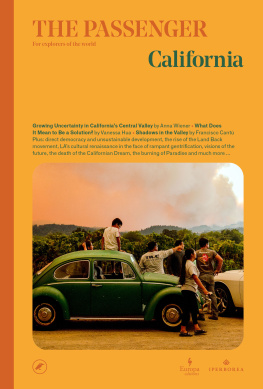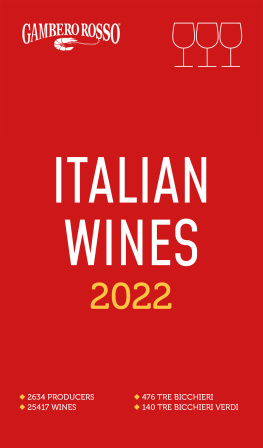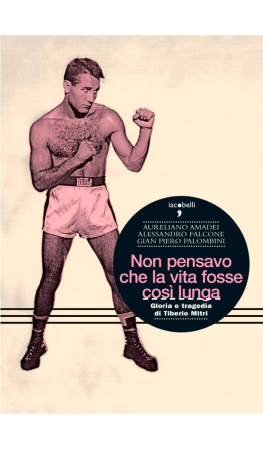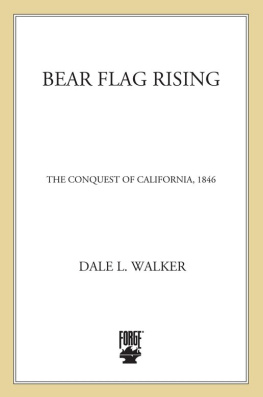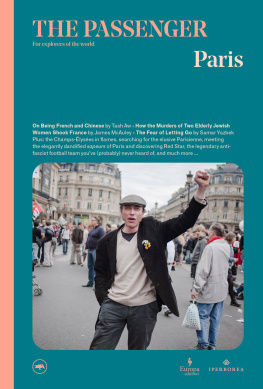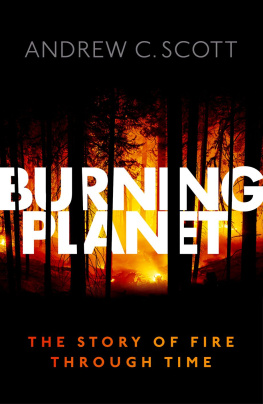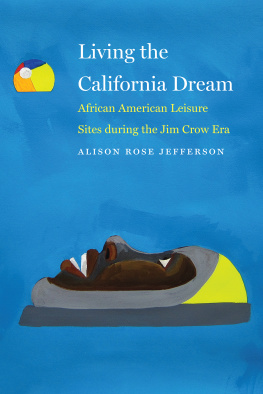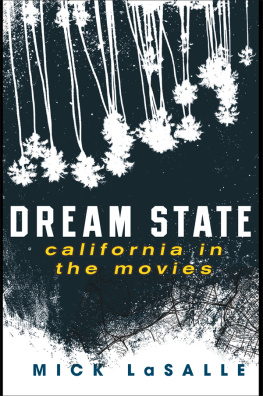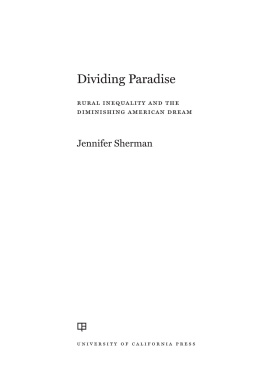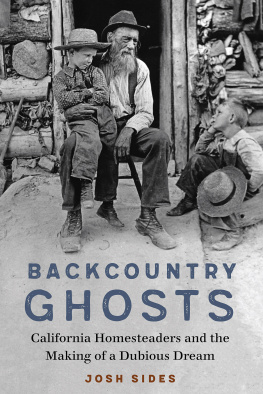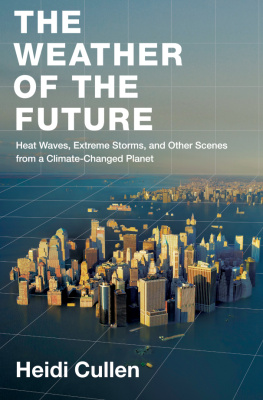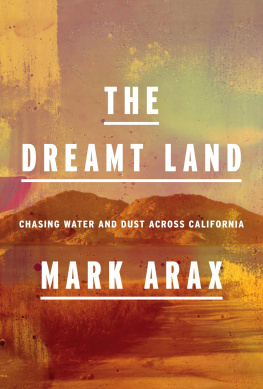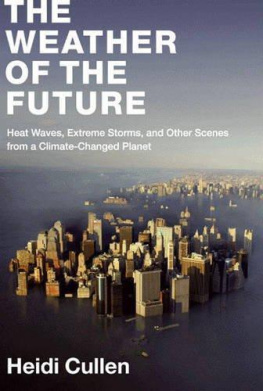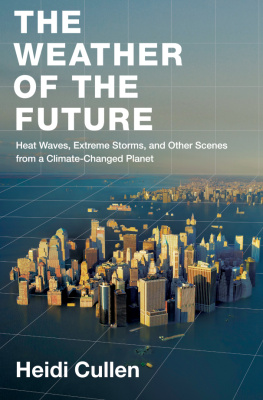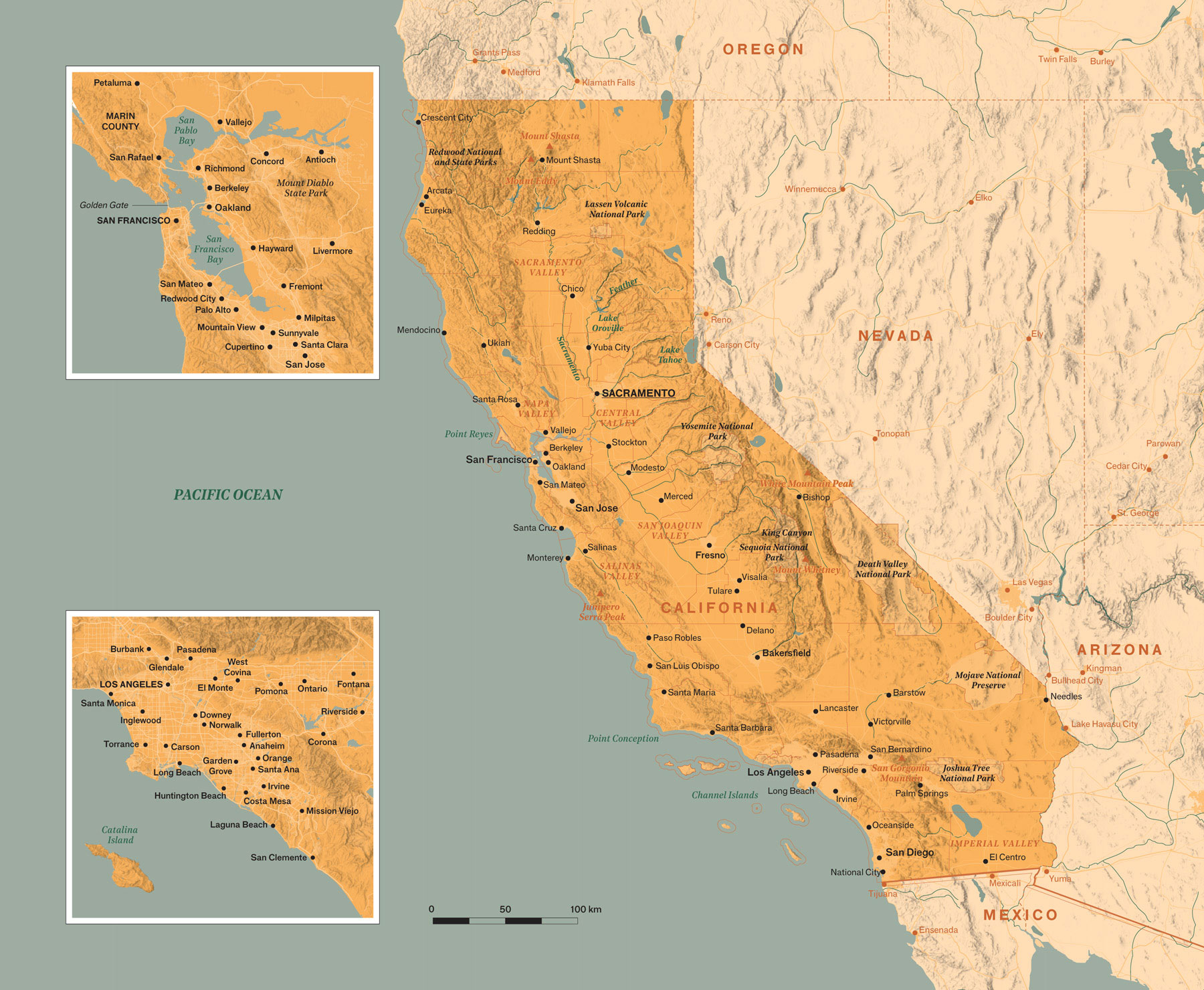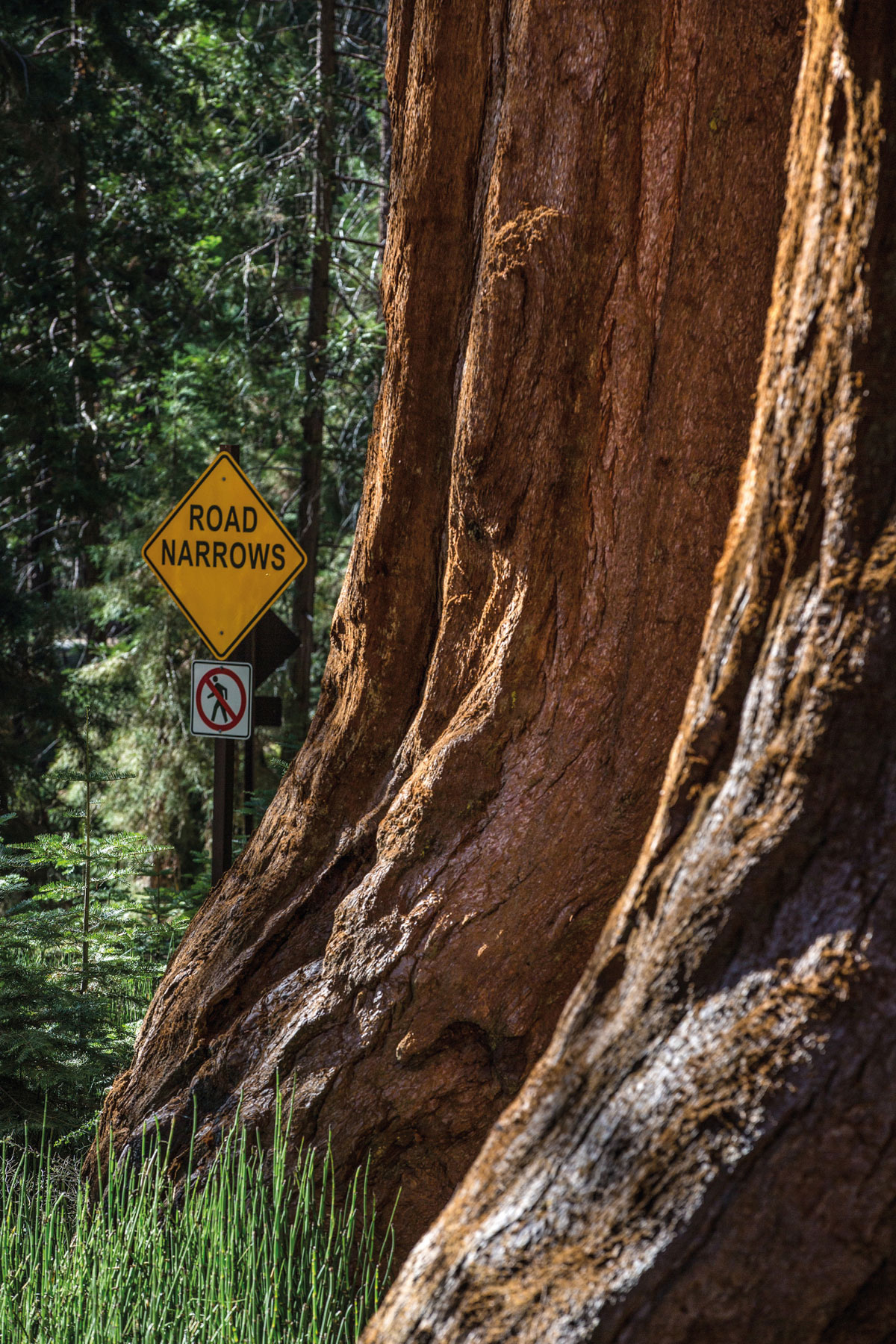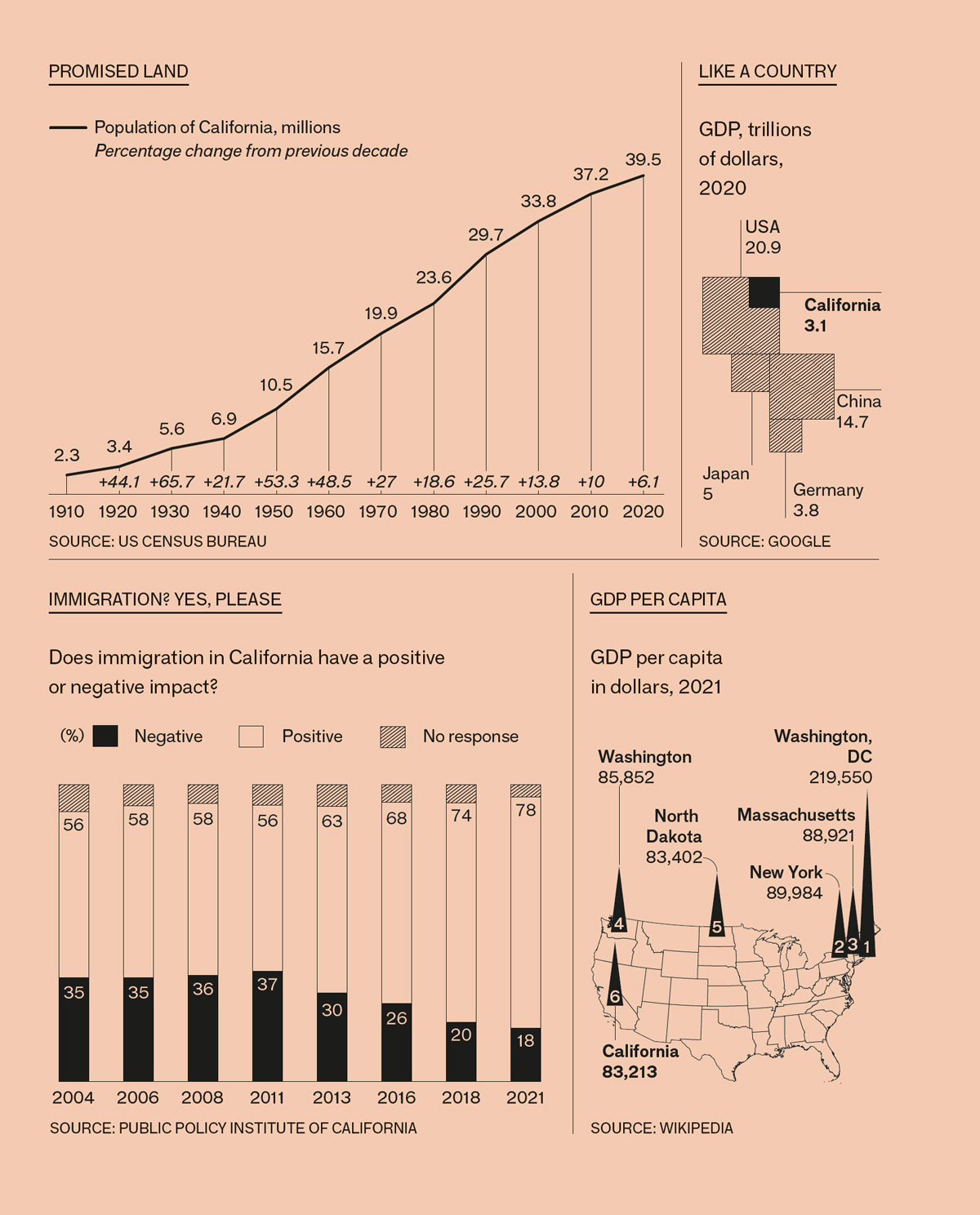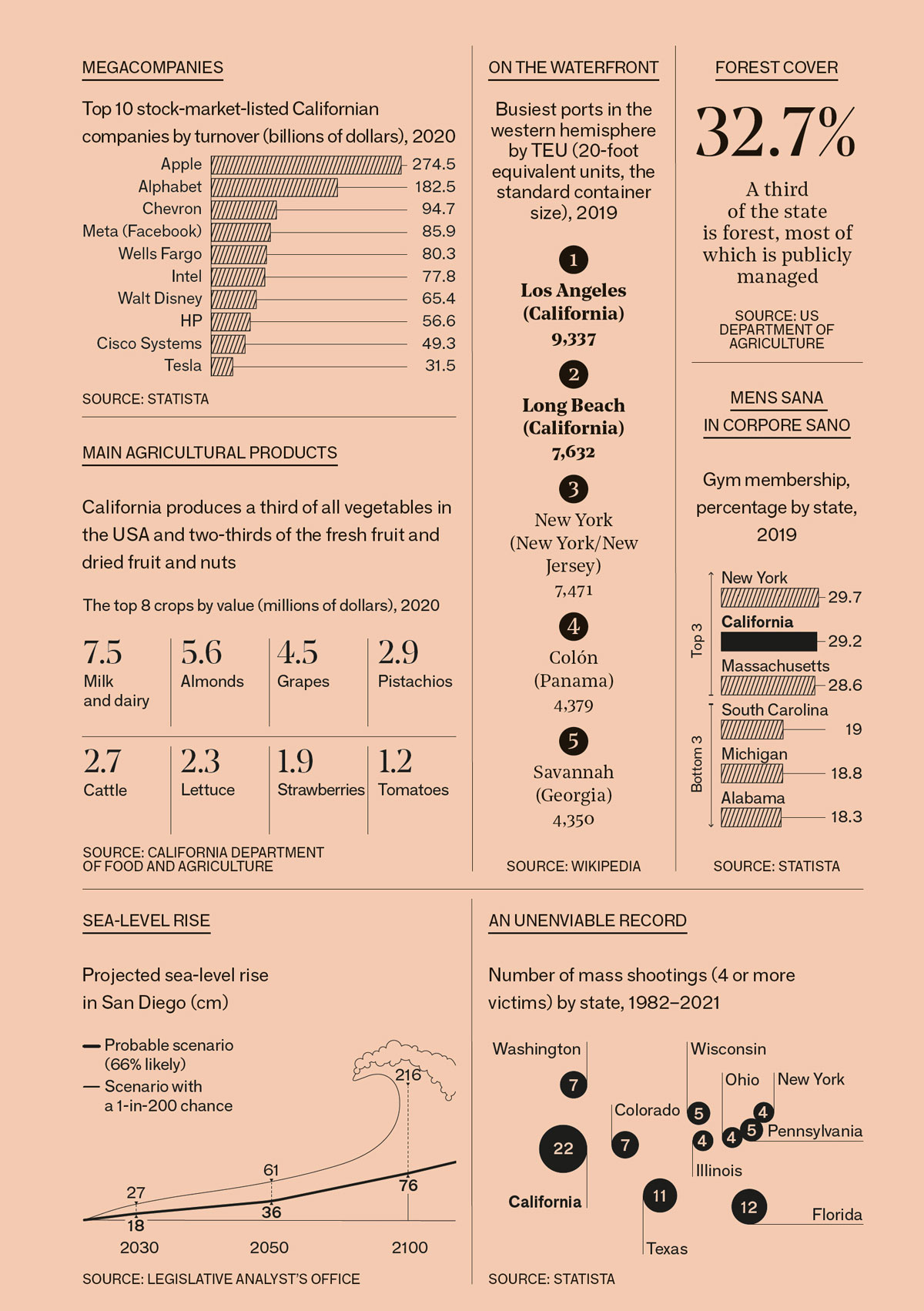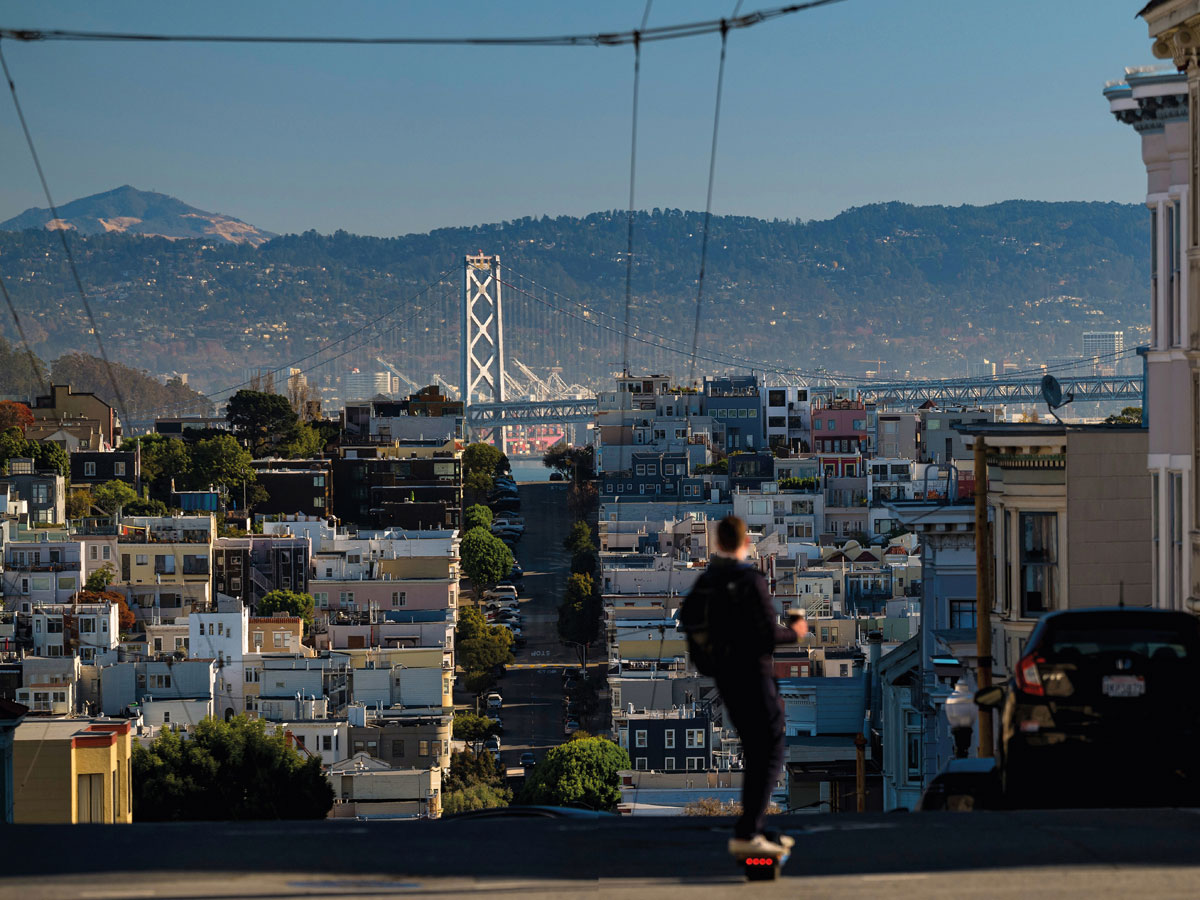THE PASSENGER
Huginn and Muninn are two ravens from Norse mythology. Sent out by Odin at dawn each day, they return at night to perch on the gods shoulders, whispering to him whatever knowledge and wisdom they have gathered from every corner of the world. Like Huginn and Muninn The Passenger travels far and wide to bring back the best writing from the countries it visits. Featuring long-form essays, investigative journalism, literary reportage and visual narratives, it takes readers beyond the familiar stereotypes to portray a countrys shifting culture and identity, its public debates, the sensibilities of its people, its burning issues, its pleasures and its pain.
California
The air is dry, suffocating, almost unbreathable and not just because of the drought and the increasingly cataclysmic fires. This oppressive climate extends into the social sphere as well, and the California Dream is starting to look more like a dystopia. The list of paradoxes is striking: an ever-growing economy that prices people out of the state; a natural paradise that is now home to the six most polluted cities in the USA; students attending one of the worlds most prestigious universities forced to live in tents because they cant afford to rent; an agricultural sector pursuing an unsustainable model of high-water-use crops in a drought-afflicted state That this (former?) promised land is seen as a breeding ground for future worldwide trends is both disturbing (are we heading in the same direction?) but also reassuring, because in California the wind of change never stops, and it blows in fresh air and excitement particularly when it comes to the cultural sphere. Examples are everywhere: a new generation of Asian-American writers is rebelling against the stereotype of a uniform model minority docile and hard-working which has always been a doubling up of racist stereotyping, implying simultaneously that African Americans are guilty of not achieving similar levels of success. The Black communities, in their turn, are fighting against the gentrification and whitening of cities such as San Francisco and Los Angeles. In an era of historical reassessment, full of symbolic gestures not least the rematriation of land to Indigenous people there is no longer room for the colonial founding myths. It is time to return to the original sin and unlearn the official history because, as Francisco Cant writes, the only true way to honor a place we love ... is to tell the fullness of its story. So lets tell that story and perhaps consign everything we once thought we knew to history.
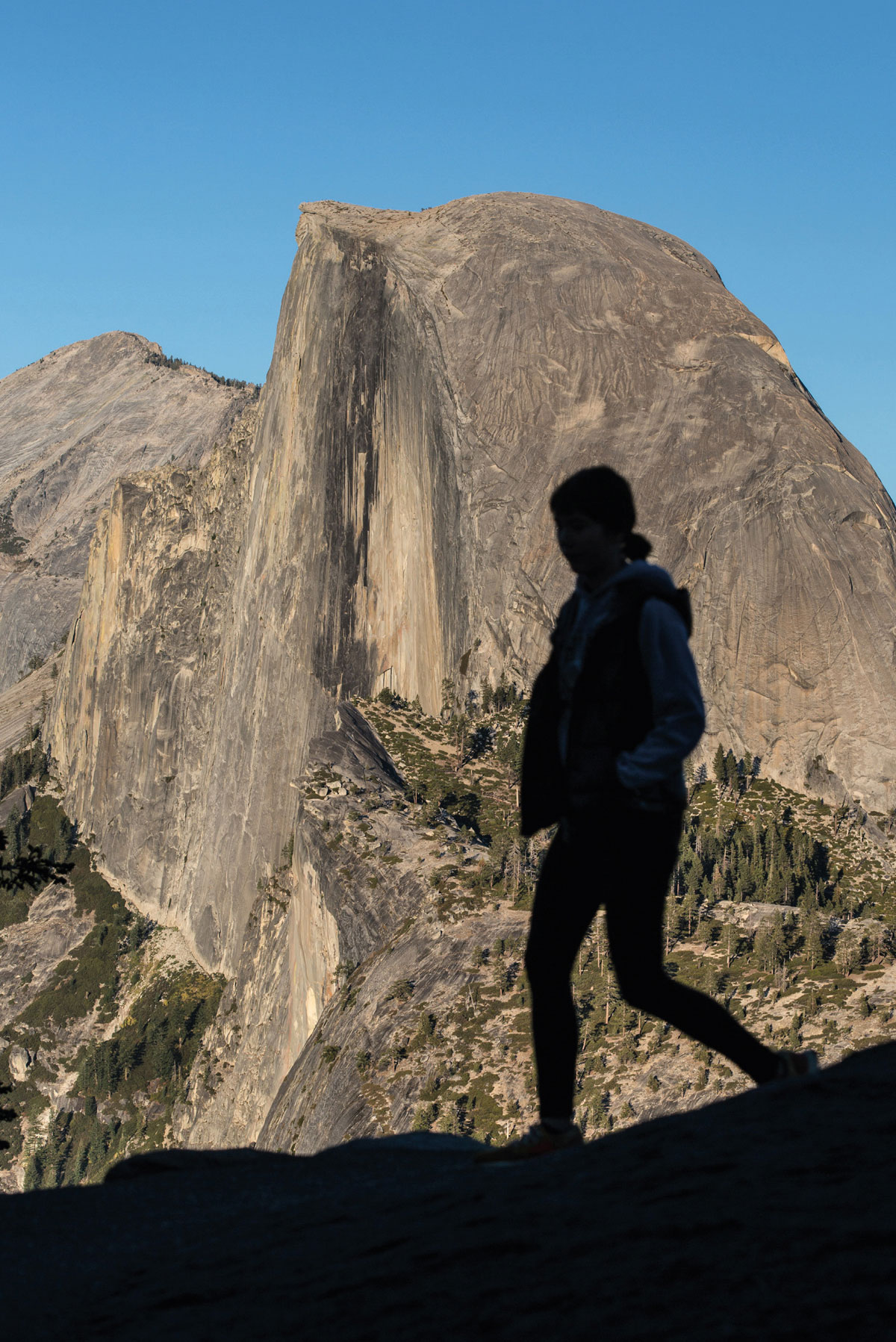
Contents
Unless stated otherwise, the photographs in this issue were taken by Josh Edelson, whose work illustrates the articles by Anna Wiener, Vanessa Hua, Michele Masneri, Mark Arax and, along with photographs by Nic Coury, Brian Goldstone. Josh is a photojournalist and advertising photographer living in the Bay Area. He has worked for leading publications and news agencies including Agence France-Presse, the Associated Press, Getty Images, the Los Angeles Times and The Wall Street Journal. Natural disasters are the leitmotif running through his work, particularly wildfires such as the Paradise fire over the course of his career he has covered around a hundred but also tornadoes, earthquakes, volcanic eruptions and floods. It is no coincidence that he has won a Covering Climate Now award. He was also a finalist in the News Photo Awards for his work on the Covid-19 pandemic in San Francisco.
Some Numbers
A young man on an electric skateboard heads towards the Bay Bridge, which links San Francisco with Oakland.
DECALIFORNICATION
FRANCESCO COSTA
Translated by Deborah Wassertzug
Photographs by David Paul Morris
California is a prosperous, welcoming state, with high-tech cities, beautiful landscapes, low unemployment and an economy in rude health, so why is it haemorrhaging residents to other states not least to Texas, which one might think couldnt be less like California? What has happened to the Californian Dream?
I n 2013 the then Republican governor of Texas, Rick Perry, bought thirty-second ad spots on California radio stations to deliver a very simple message: Come check out Texas. The ads were principally aimed at seducing Californias small-business owners, inviting them to look into the possibility of moving both themselves and their companies to his state. The initiative was noticed. All governors want to make their states seem attractive, but few of them run ad campaigns aimed at competing with one specific state. This move was met with sneers, however. The only selling point the adverts could highlight was Texass noted leniency on tax laws for businesses. California at that point already had the fifth largest economy in the entire world not exactly a place that was inhospitable to business. And, what is more, critics said, who would ever seriously consider leaving California progressive, liberal, welcoming and fascinating packing up their belongings and moving to Texas, that backward province of ultra-conservatives in wide-brimmed hats? Would they have to buy themselves a horse? When Jerry Brown, governor of California at that time, was asked what impact that ad campaign might have, his response was dismissive: Barely a fart. Less than ten years have passed since then, but today there are few in California who would dare to be that arrogant.
The latest decennial census of the United States showed only a tiny increase in Californias population, the smallest in its history; 2020 was the first time that Californias population actually showed a decrease. The consequence was something that had never happened before: California lost a seat in the House of Representatives. Meanwhile, Texas gained two seats. Not bad for a fart. For years California has topped rankings of American states losing the most residents. Of course, it is hardly the worst-off state in the country, but these are rankings in which California had never before appeared. And yet, for some time now, over half a million people leave the state each year, many more than those arriving from the rest of the country and elsewhere in the world. Of these, over 600,000 people have, in fact, moved to Texas and with them the headquarters of huge and influential companies such as Hewlett-Packard, Tesla, Toyota and Oracle, along with hundreds of thousands of small and mid-sized companies. A nonprofit called the California Policy Center has decided to track this via an online spreadsheet that is constantly updated, entitled The California Book of Exoduses. But the migration flow out of California goes far beyond Texas. Approximately one million people moved to Arizona from California between 2010 and 2018. Over fifty thousand people annually move to Nevada, whose population today consists of more adults born in California than in Nevada. Even Idaho is being invaded and transformed by Californians. Idaho, a state so utterly lacking in allure that the legend on its car licence plates where other US states proudly declare the likes of The Last Frontier (Alaska), The Sunshine State (Florida), Legendary (North Dakota) and Live Free or Die (New Hampshire) reads Famous Potatoes. Idaho has potatoes. And, for a while now, a lot of Californians.

